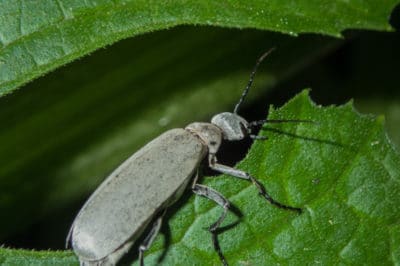Poor Environment
Even the best zucchini seeds or transplants will not live long in a poor environment. These are the conditions that must be met:
Proper Soil
A nutrient-dense soil is crucial for healthy zucchini plants. Anything less is inviting disease and pests to find a home on the plants. The soil should also be slightly acidic and drain well. A soggy soil sometimes causes the seed to rot. Add organic matter such as peat moss if the soil doesn’t drain well.
Proper Temperature
A soil that is too cold will not allow seeds to germinate. Do not plant until the soil 2 inches below the surface reaches 60°F (16°C) and air temperatures are consistently 65°F (18°C) or higher.
Proper Sunlight
Zucchini plants need to soak up direct sunlight rays for seven or more hours per day. Proper sunlight, adequate moisture, a warm temperature, and fertile soil quickly transforms a small seedling into a sprawling plant.
Proper Plant Spacing
Air circulation around zucchini plants reduce the chances of disease. Space plants at least three feet apart.
Poor Pollination
Each zucchini plant produces male and female flowers. Pollen is usually spread from the male flowers to the female flowers by bees or other insects. In some locations, there is a lack of bees. If both male and female flowers are present with no fruit production, self-pollination can be done by using a cotton swab or small paintbrush.
Zucchini Diseases
Preventing disease may be as simple as starting with healthy transplants or disease-resistant seed varieties; however, this does not always prevent it. Some outward signs of a disease attacking zucchini plants are changing leaf colors or plant wilting. Anything other than dark green leaves is a clue that one of these diseases may be present:
- Powdery mildew
- Squash mosaic virus
- Bacterial Wilt
Pests
Pesky insects can also cause some of the outward symptoms caused by plant diseases. A close examination of the plant’s leaves and stem will reveal insect infestation if present. Zucchini plants are one of the favorite foods for these bugs:
- Squash bugs
- Aphids
- Squash vine borer
- Spider mites
- Squash beetles
A vigilant gardener recognizes pests before they usually become a serious problem. Simple natural control methods can be used if pests are found on or near the zucchini plants.
